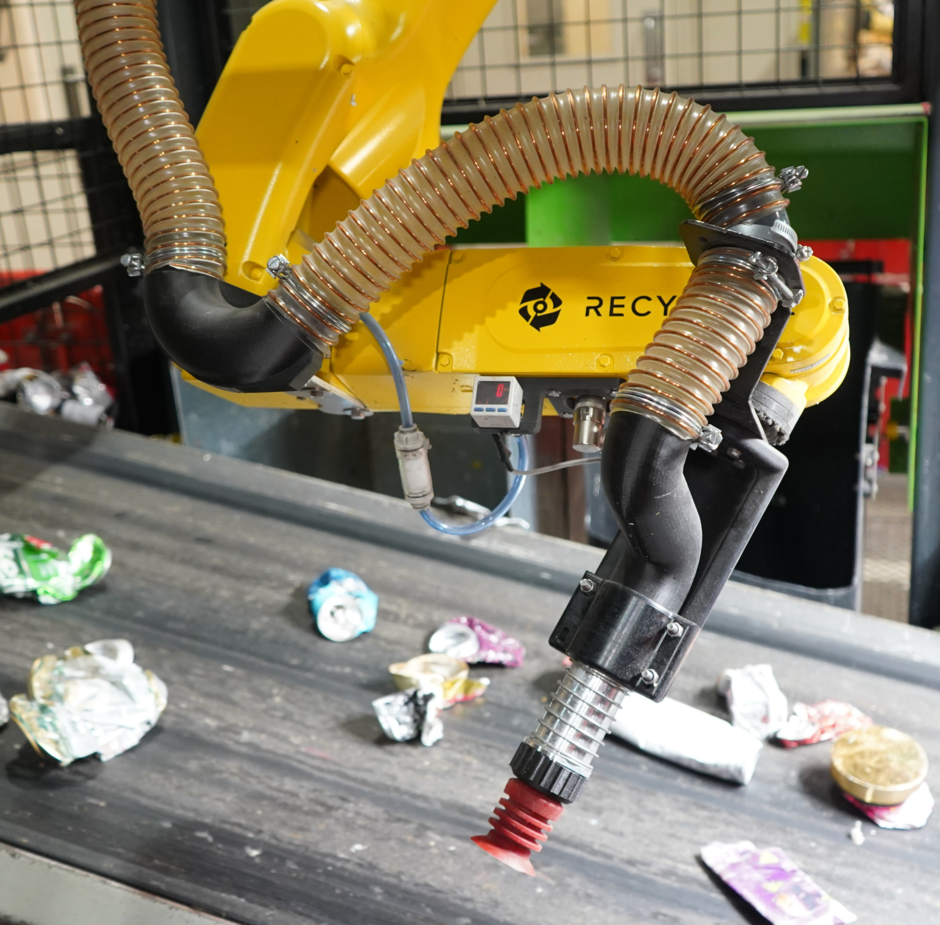How can the government’s plans to partner with Industry support your business and sustainability goals?
On Monday 23rd June 2025, the Government released their Modern Industrial Strategy, highlighting eight strategic sectors targeted for growth. These are known as the IS-8:
- Advanced Manufacturing
- Creative Industries
- Life Sciences
- Clean Energy
- Defence
- Digital and Technologies
- Professional and Business Services
- Financial Services
This Industrial Strategy sets out to reform the relationship between the private and public sectors, changing how businesses operate and reducing the cost burdens placed on them.
But what does this actually mean for you?
Below, we’ve broken down some of the key implications of the government’s new strategy and identified opportunities for our customers across water, energy and waste.
Clean Growth
Since being elected in 2024, the Labour party has made clean energy a top priority to achieve net zero. Technology subsidies and market balancing to accommodate for the growth in the UK’s renewable energy infrastructure have come with increased energy costs but the new Industrial Strategy comes with some opportunities for your operations:
- Lowering industrial electricity costs
- From 2027, energy-intensive businesses will benefit from a new British Industrial Competitiveness Scheme which will reduce electricity costs by up to £40 per megawatt hour.
- Faster grid connections
- The Connections Accelerator Service will speed up access to grid capacity, helping to reduce delays in obtaining supply for battery projects or EV fleets.
- Support for Corporate Power Purchase Agreements (CPPAs)
- A Call for Evidence in the near future will seek out how to make CPPAs more widely adopted, helping businesses benefit from direct deals with generators.
Water Services
In case you missed it, we recently shared an Industrial Water Guide to highlight how the UK water sector is at a pivotal moment. Despite not being addressed much in the Modern Industrial Strategy, access to high quality water sources and technologies is fundamental to the success of many sectors.
- The AI revolution is set to significantly increase our data centre infrastructure here in the UK. With one hyperscale data centre consuming over 1 million litres of water per day alone - the equivalent of a small town - how we manage their water consumption will be vital to a sustainable digital economy. Check out our guide to the Future of Data Centres and how Veolia can help deliver circular water management plans and other innovations to drive down consumption.
- In Advanced Manufacturing, as some of the most water intensive activities, industries will have to adapt to accommodate water reuse strategies across various applications.
- Many clean energy technologies require substantial volumes of water, such as in Nuclear, CCS and Hydrogen. As the clean energy sector grows, so too will its demands on water.
Veolia is at the forefront of ensuring the risks of water scarcity and water quality are adequately met across the UK.
We can also help your business prepare, design and adapt to ensure the growth of your industry is not hindered by water scarcity.
Securing Domestic Supply Chains
Whilst the upcoming Circular Economy Strategy did not feature independently in the Modern Industrial Strategy, it remains a key focus for the UK Government.
Importantly, domestic supply chains and resource resilience were central throughout each of the eight sectors, particularly the life sciences sector:
- The UK needs more locally sourced materials to bolster security in clean tech supply chains.
- Recycled plastics, recovered metals and more will be essential for delivering targets in construction of new facilities.
- The Critical Minerals Strategy will also emphasise the role of optimising domestic resources, meaning a circular economy will not be forgotten in international deals.
In short, prioritising innovation in re-use and recycling will be key to the ability of the sectors to grow sustainably.
Innovation in Sustainability
As part of the Advanced Manufacturing plan, the government has recognised the importance of the Agri-Tech sector. Designated as a frontier industry, the sector has a unique opportunity to progress both sustainability and productivity across agriculture.
- As the UK Food Security Report 2024 highlighted, the UK needs a new approach to food and drink manufacturing, recognising the gains this will bring to security and sustainability.
- Innovations across the sector will have a variety of applications, ranging from AI systems to supply chain resilience.
At Veolia, we’re continuously investing in and researching a range of solutions to bolster agricultural productivity and regenerate resources across the sector:
- Transforming food waste into compost and nutrient-rich fertiliser.
- Depackaging and blending of surplus food from our grocery retail customers into animal feed for cows and pigs.
- Turning paper pulp and wood shavings into Paper Crumb Bedding which currently supplies 30% of the UK poultry market.
- Pioneering carbon removal technologies.
The Modern Industrial Strategy marks a bold shift in the Government’s approach to partnering with Industry.
Giving sectors greater clarity on the priorities for the next ten-years, combined with clear paths to accelerate the deployment of infrastructure is a welcome step.
There is a unique opportunity to gain from this moment and at Veolia we can provide a range of services that will directly support the IS-8 across water, waste and energy:
- Circular water management plans to reduce consumption and trade effluent treatment to ensure your operations are compliant with evolving legislation.
- Transforming waste into resources such as compost, fertiliser, and even energy through incineration.
- Specialised handling of hazardous waste including decommissioning of nuclear assets.
- Low-carbon solutions and renewable energy innovations from by products, whilst managing consumption in the first place to help you improve efficiency and bolster energy security.



